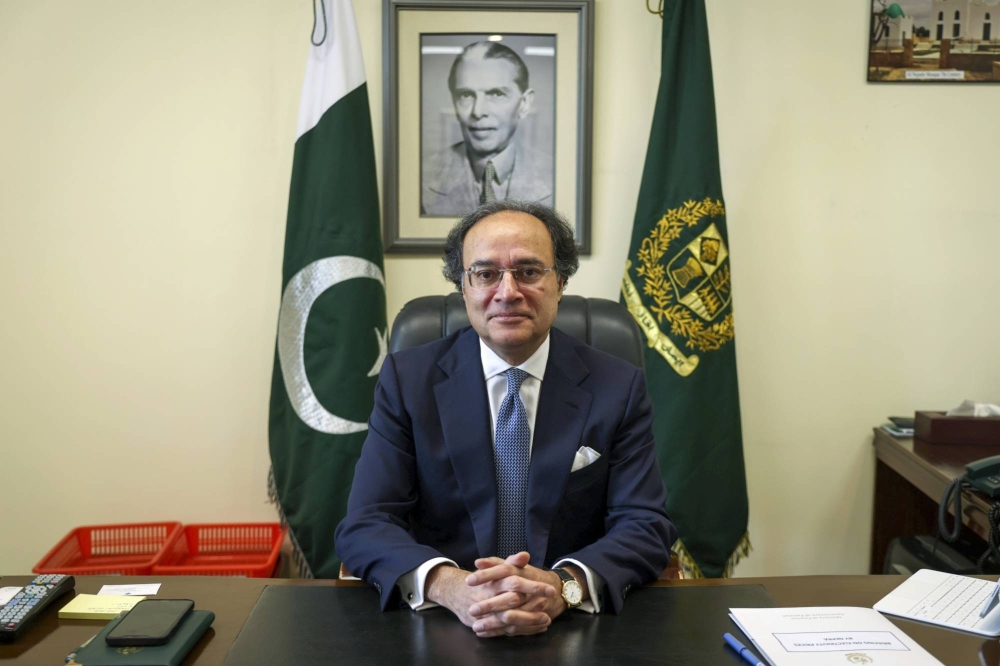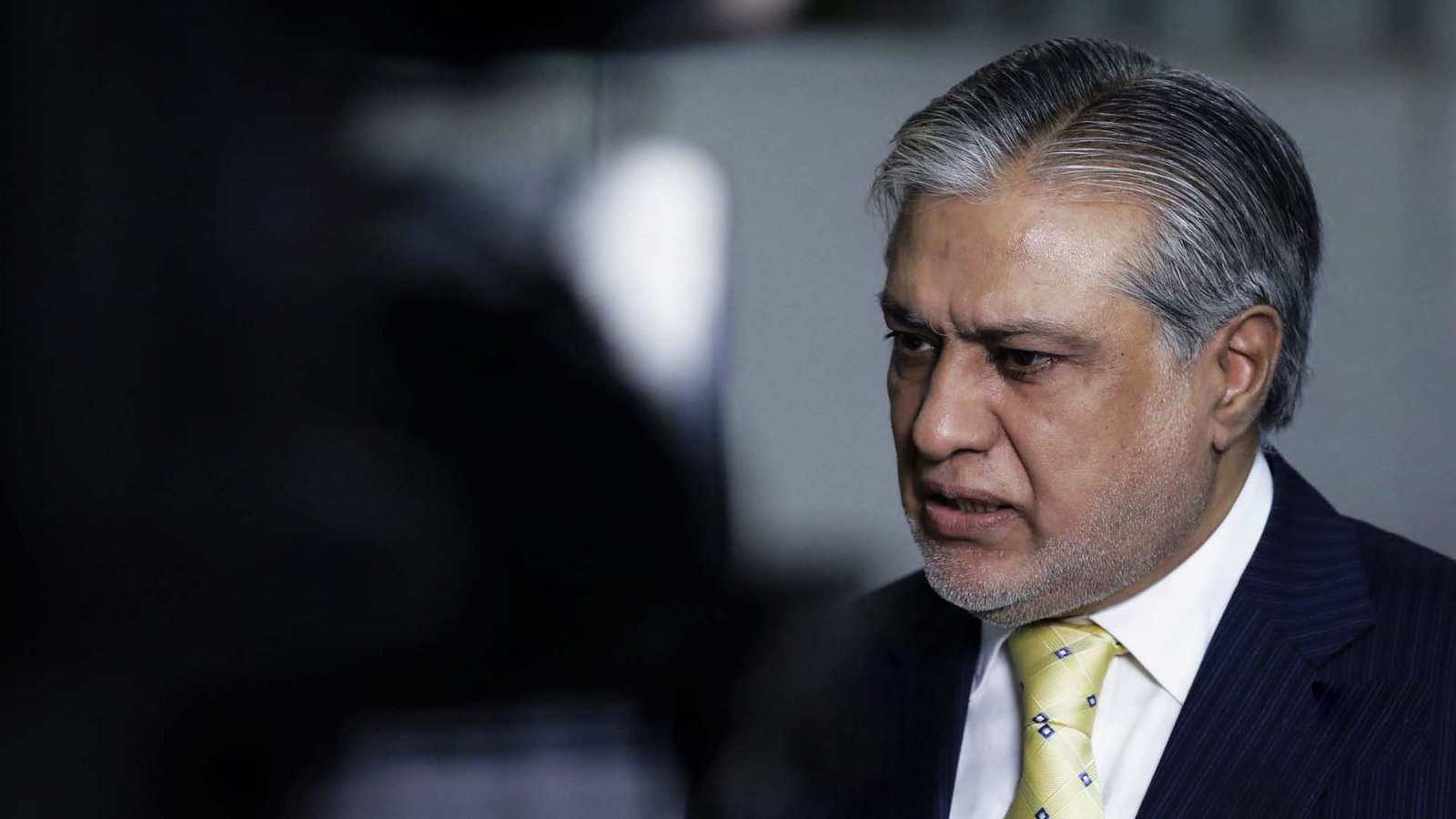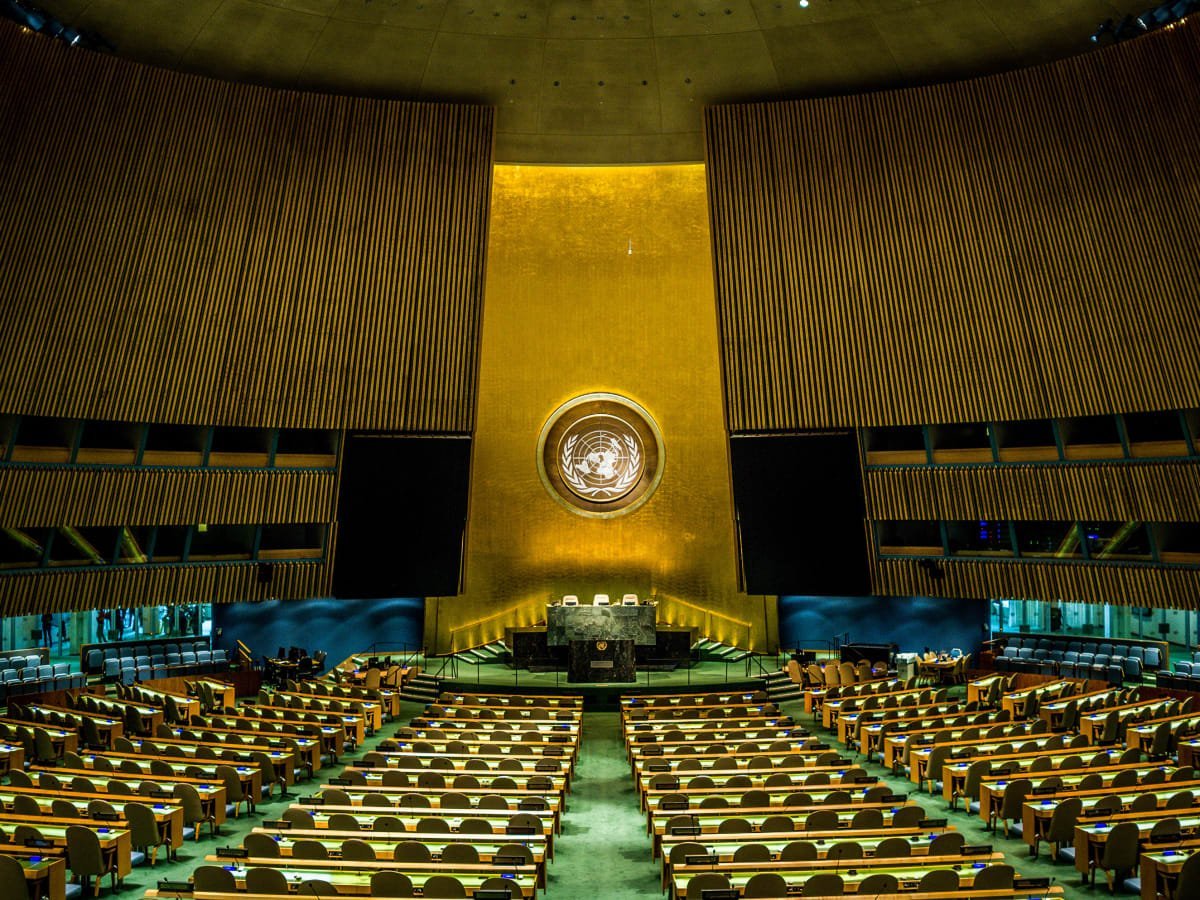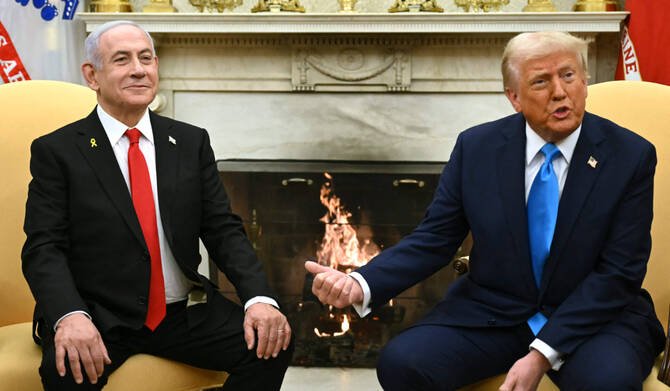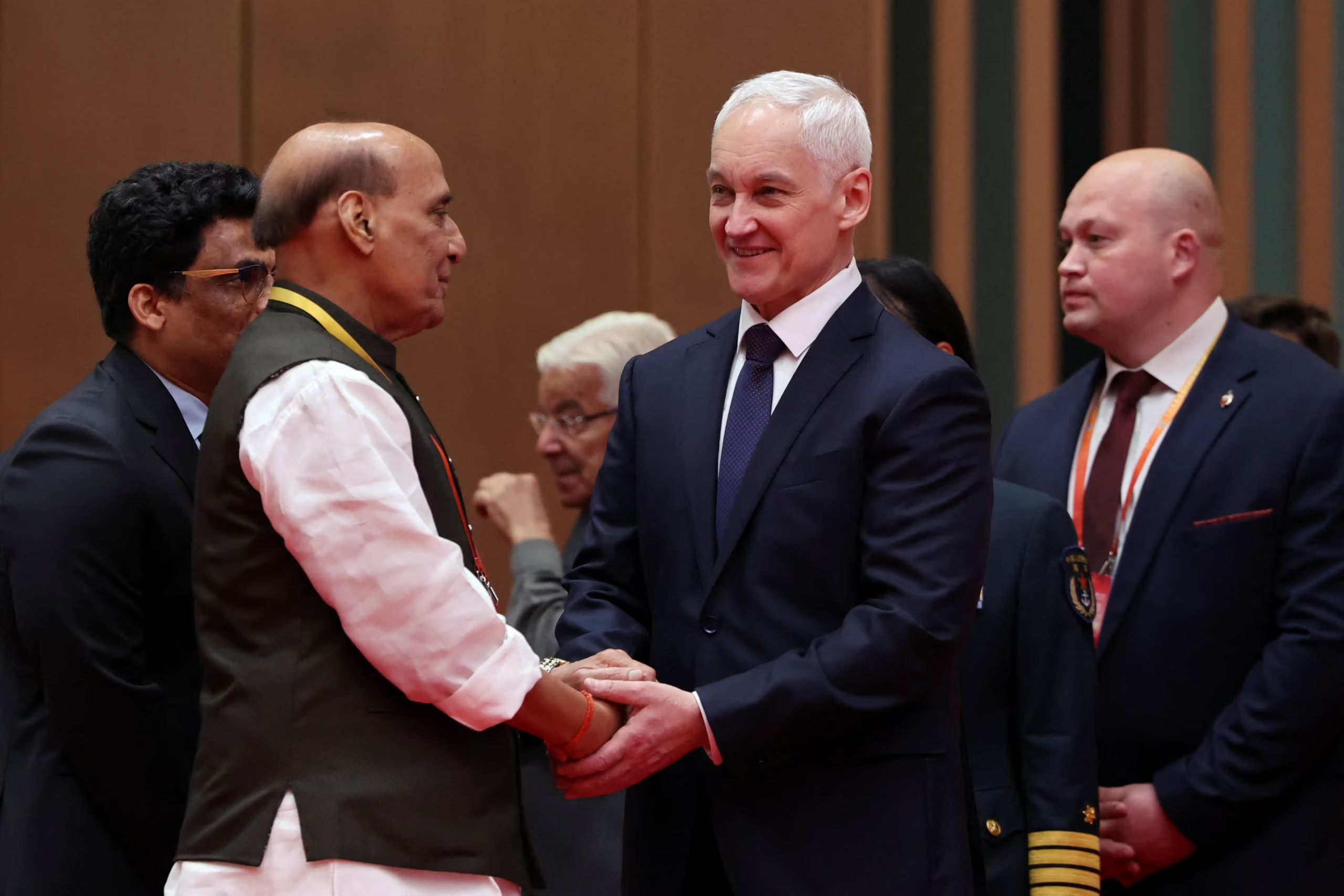Pakistan remains at the forefront of counter-terrorism efforts, particularly in its fight against groups like Da’esh, Tehrik-e Taliban Pakistan (TTP), and the Majeed Brigade, which operate from safe havens in Afghanistan. In a recent address to the UN Security Council, Pakistan’s Ambassador Munir Akram called on the 15-member body to take decisive action against these terrorist elements, which he stated pose a threat not only to Pakistan and Afghanistan but to the entire region and beyond. Ambassador Akram stressed the importance of a global response to the threat, urging that the terrorist activities emanating from Afghanistan must be addressed sincerely by the international community.
While emphasizing the dangers posed by these terrorist groups, Ambassador Akram also noted the failure of the international community to hold accountable state terrorism. This includes actions where state power is used to suppress legitimate self-determination struggles or perpetuate foreign occupation. He specifically referenced the ongoing suppression of the freedom movements of the Kashmiri and Palestinian peoples, calling for accountability for violations of fundamental human rights.
The debate, which revolved around the 20th biannual report on the threat posed by Da’esh to international peace and security, was opened by UN Under-Secretary-General Vladimir Voronkov, who highlighted that Da’esh continues to be a significant global security threat despite extensive efforts to dismantle its operations. Voronkov emphasized that no country can combat terrorism in isolation and called for a unified global response.
Ambassador Akram also pointed to the global rise in terrorist attacks, particularly across the Middle East, Africa, and from Afghanistan. He acknowledged Pakistan’s significant role in dismantling Al-Qaeda’s core in Afghanistan but warned that various Al-Qaeda affiliates had emerged in other regions, including North Africa and Sub-Saharan Africa. Additionally, he mentioned that while Da’esh had been suppressed in Syria and Iraq, its franchises are now active in Afghanistan and the Sahel region.
The Pakistani envoy further explained that Afghanistan has become a hub for over two dozen terrorist groups, with Da’esh (ISIL-K) using the country for recruitment and facilitation. He firmly rejected any allegations of recruitment by Da’esh in Pakistan, emphasizing that such activities are concentrated in Afghanistan.
In his remarks, Ambassador Akram stressed the need to address the root causes of terrorism, such as poverty, injustice, unresolved conflicts, and foreign occupations. He stated that without tackling these issues, efforts to counter terrorism would be futile. He called for a shift in the United Nations’ counter-terrorism strategies and sanctions frameworks to better respond to contemporary challenges, including the rise of cyber terrorism and the use of digital platforms for radicalization and terror financing.
Moreover, Ambassador Akram highlighted the necessity of combating new and emerging forms of terrorism, such as violent acts from white supremacists, far-right extremists, and other ideologies like nationalism, fascism, and Islamophobia. He pointed out that current counter-terrorism policies often focus disproportionately on Islam, exacerbating stigmatization and fueling Islamophobia, which should be addressed as part of a comprehensive strategy.
Natalia Gherman, Executive Director of the Counter-Terrorism Committee Executive Directorate (CTED), echoed these concerns, stating that Da’esh remains agile, exploiting ongoing conflicts and regional instability. She also highlighted the challenges in the Sahel and the Lake Chad Basin, where Da’esh’s decentralized operations continue to expand as regional cooperation wanes.
The global counter-terrorism landscape is shifting, with the conclusion of the Investigative Team to Promote Accountability for Crimes Committed by Da’esh (UNITAD) marking a significant step in supporting judicial processes for future accountability. However, experts warn that much work remains to be done to address the evolving threat of terrorism on a global scale.






